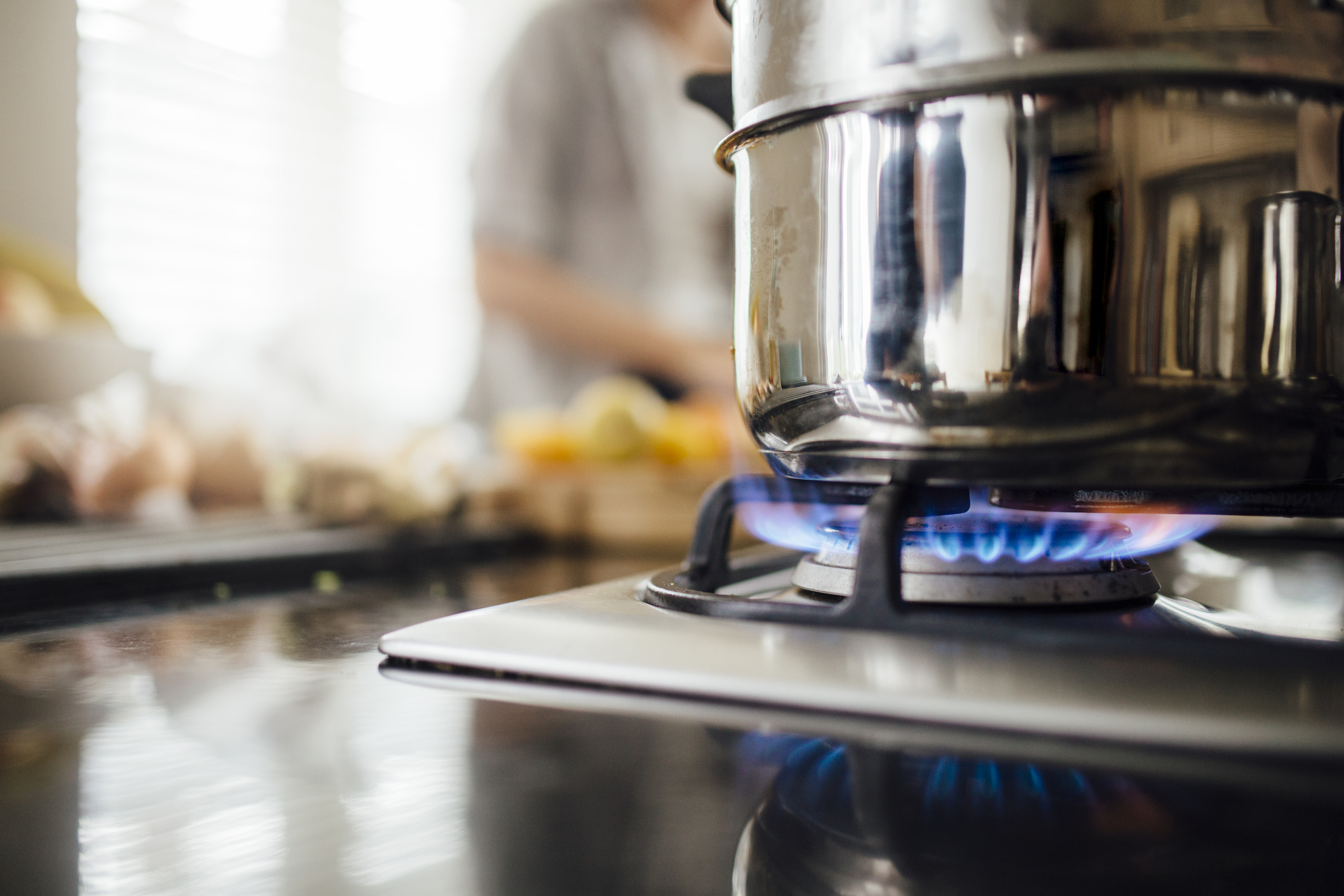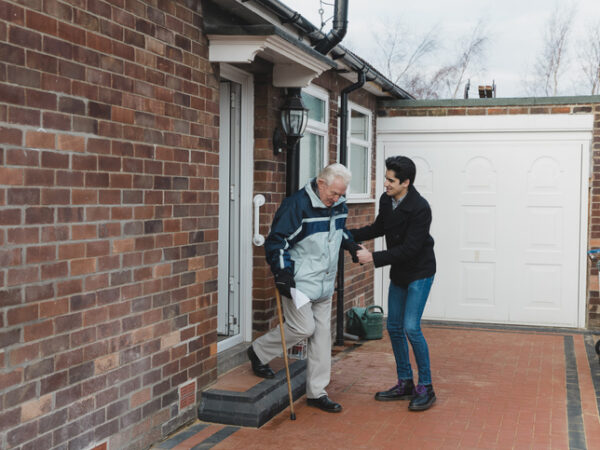Whether planning a move to a more accessible home for retirement and beyond, or renovating an existing living space to support aging in place, there are many considerations for older adults including indoor air quality. Choosing flooring, carpeting, paint and appliances that produce fewer fumes and contaminants can help protect seniors, especially those with asthma or other respiratory conditions, from developing worsening health. The latest target by the U.S. Consumer Product Safety Commission is gas stoves which pose several potential health and environmental hazards.
Already several U.S. cities including Berkeley, San Francisco, and most recently New York City have banned natural gas hookups in all new building construction to lower emissions. However, 20 states have passed laws that prohibit cities from banning natural gas – a move that has been attributed to aggressive action by the natural gas industry.
According to a recent CBS News Health report, a 2022 study published in the International Journal of Environmental Research and Public Health found indoor gas stove usage is associated with an increased risk of current asthma among children. The study also found that nearly 13 percent of current childhood asthma in the U.S. is attributable to gas stove use. Although this study sites childhood asthma, older adults with asthma or COPD (Chronic Obstructive Pulmonary Disease) could also be affected by indoor air pollution from gas stoves.
Gas stoves emit significant levels of nitrogen dioxide, carbon monoxide and fine particulate matter. Without proper ventilation, these emissions can cause unsafe indoor air quality. In addition to aggravating asthma and other respiratory conditions, gas emissions can worsen cardiovascular illnesses.
Although retrofitting existing homes with gas appliances can be expensive, it’s worth checking for tax and utility provider rebates that may help offset some of the costs of switching. President Biden’s Inflation Reduction Act includes a rebate of up to $840 for switching to an electric stove or other electric appliance and up to $500 to help with the cost of converting from gas to electric.
Older adults spend much of their time at home indoors, especially during the winter months, and there has been a growing interest in residential air quality. Whether it’s proper bathroom ventilation to keep mould from developing, nontoxic design materials, range hoods to remove cooking odours and emissions from kitchens, or filtration systems to reduce pet dander or viruses from indoor air – there is more technology available today to keep our home environment as healthy as possible.






Add Your Voice
0 Comments
Join the Discussion